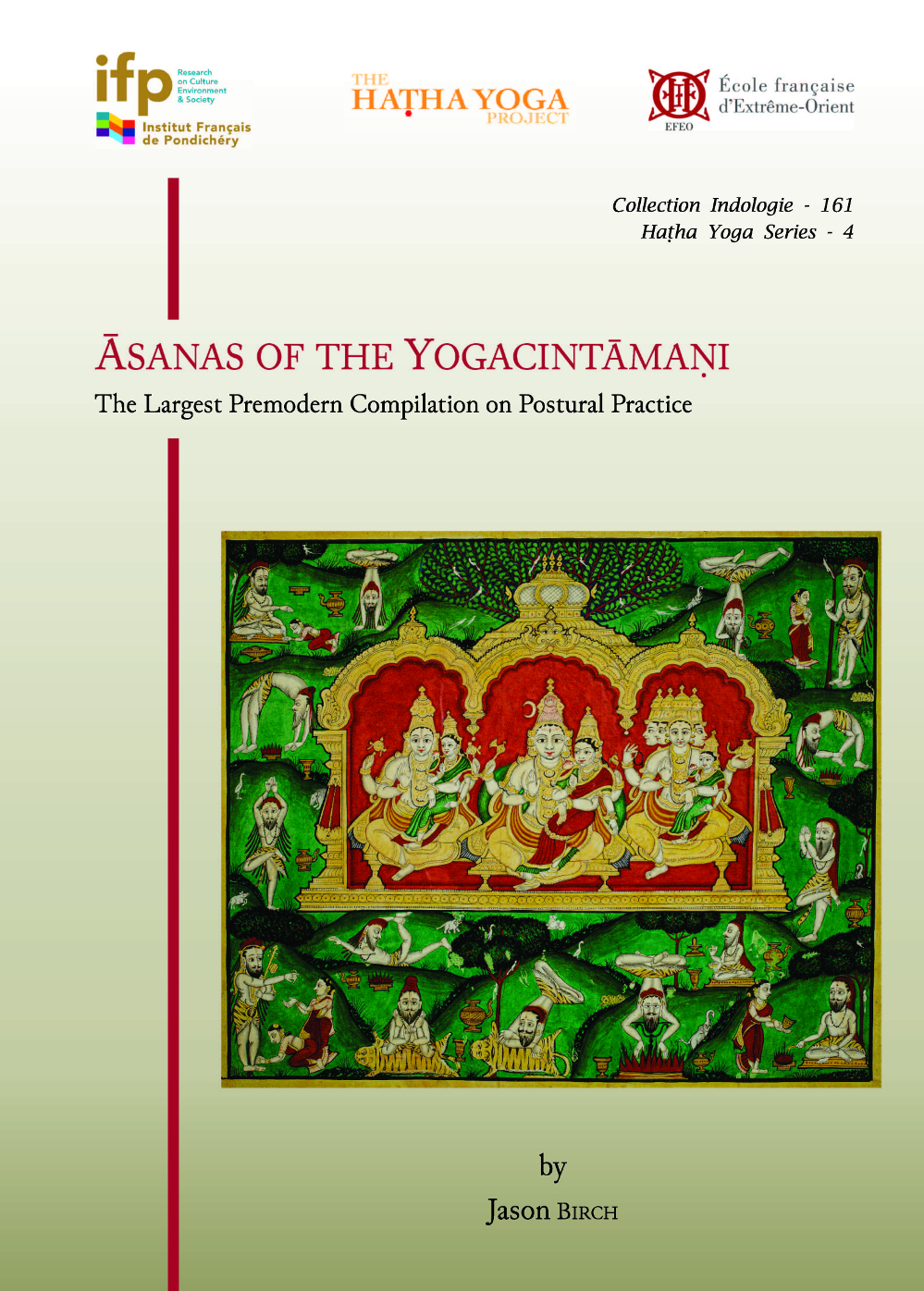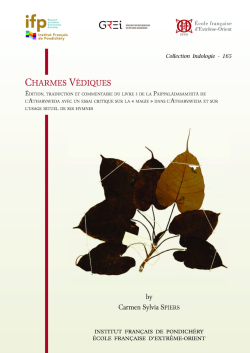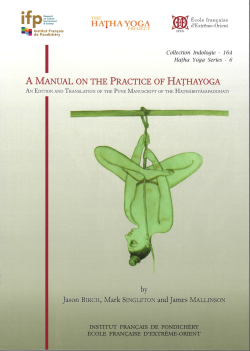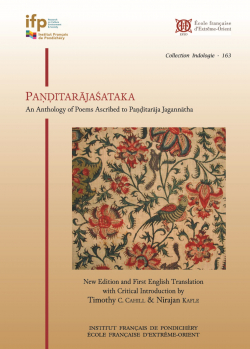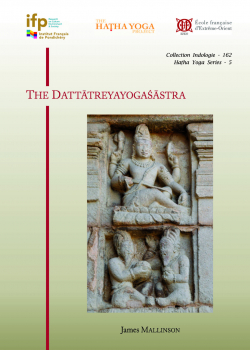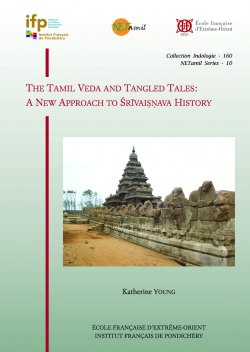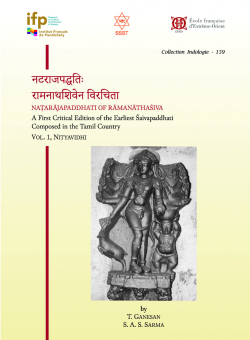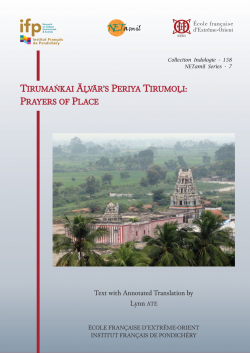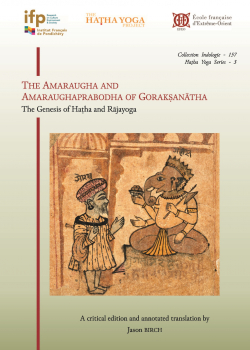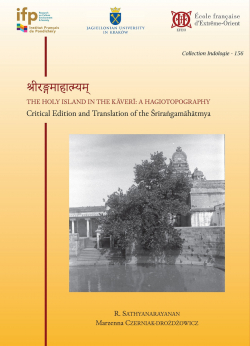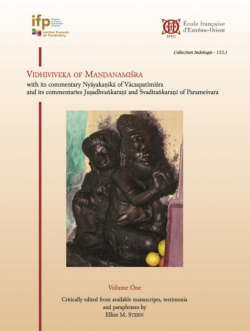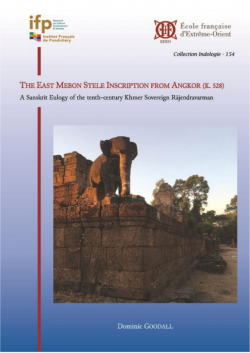The catalog of EFEO Publications includes works on a wide range of disciplines in the humanities and social sciences (archaeology, history, anthropology, literature, philology, etc.), centered on Asia, from India to Japan.
These publications address both specialists, and a wider public interested in Asian civilizations and societies.
Āsanas of the Yogacintāmaṇi
The Largest Premodern Compilation on Postural Practice
Collection : Collection Indologie
Collection's number: 161
Edition: EFEO, Institut français de Pondichéry (IFP)
Publication date: 2024
Status : Available
22,00 €
ISBN-13 : 9782855392950
ISSN : 0073-8352
Width : 17 cm
Height : 24 cm
Weight : 0.47 kg
Number of pages : 264
Distributor : EFEO Diffusion, EFEO Pondichéry Contact : shanti@efeo-pondicherry.org
Geography : India
Language : English, Sanskrit
Place : Pondichéry
Support : Papier
Description :
xvi + 247 p., English, Sanskrit, paperback
ISBN EFEO : 9782855392950
ISBN IFP : 9788184702545
Collection Indologie n˚ 161
Haṭhayoga series n˚ 4
Abstract
Table of contents
Notes
You can also order this title with our Pondicherry center at the following address:
shanti@efeo-pondicherry.org
Or with the French Institute of Pondicherry at the following address:
library@ifpindia.org
Orders to India must be placed with our center in Pondicherry or the French Institute of Pondicherry.
Related books
Collection Indologie
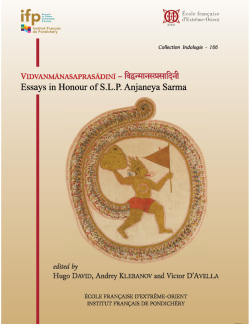
Vidvanmānasaprasādinī
S.A.S. SARMA, Dominic GOODALL, Harunaga ISAACSON, Suganya ANANDAKICHENIN, Hugo DAVID, Kei KATAOKA, Victor D’AVELLA, Giovanni CIOTTI, Andrey KLEBANOV, Émilie AUSSANT, Maria Piera CANDOTTI, Tiziana PONTILLO, Sibylle KOCH, Vincenzo VERGIANI, Timothy C. CAHILL, Somedeva VASUDEVA, Luther OBROCK, M. VINOTH, Maṇi DRĀVIḌA, Akane SAITO, Alex WATSON, Daniele CUNEO, Yūto KAWAMURA
60,00 €
2026
• Available
